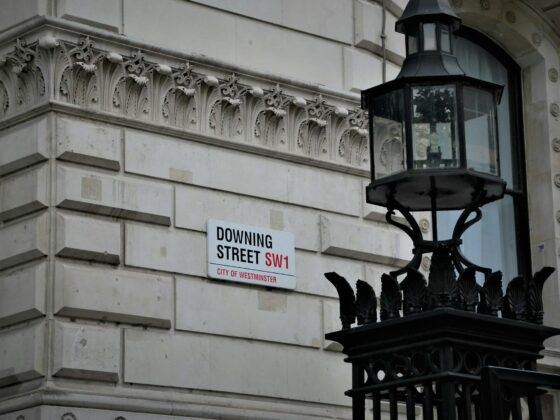Two days of negotiations between Google, the EU, and travel players end without agreement—leaving hotels and OTAs in limbo as the Digital Markets Act deadline looms
Jul 16, 2025
Google’s attempt to comply with the EU’s Digital Markets Act (DMA) has placed it at the center of a growing conflict between online intermediaries like Booking.com and Expedia, and direct travel sellers such as hotels and airlines. While AI may eventually reshape how people search for and book travel, for now, Google’s role in traditional search remains dominant—meaning the outcome of these negotiations could significantly shape the online travel landscape.
Key takeaways:
- No resolution xet: Two days of closed-door meetings between Google, the EU Commission, and industry stakeholders ended without agreement on how Google should present travel search results under the DMA.
- Two proposed formats:
- Intermediary-first layout: Intermediaries like Booking.com would appear at the top, and direct sellers would only be accessible via their listings.
- Separate box for direct sellers: Direct links from hotels and airlines would appear in a distinct section, though it’s unclear how these would be selected or ranked.
- Hotelier concerns: Hotels remain in a weaker position. Google’s focus on not discriminating against intermediaries has resulted in proposals that favor OTAs over direct sellers, despite the DMA’s broader fairness principles.
- What’s at stake: Without a workable solution, the EU may impose hefty fines on Google. Meanwhile, the travel industry watches closely, as these changes could shift the power dynamics of online bookings for years to come.
Get the full story at JD Supra








